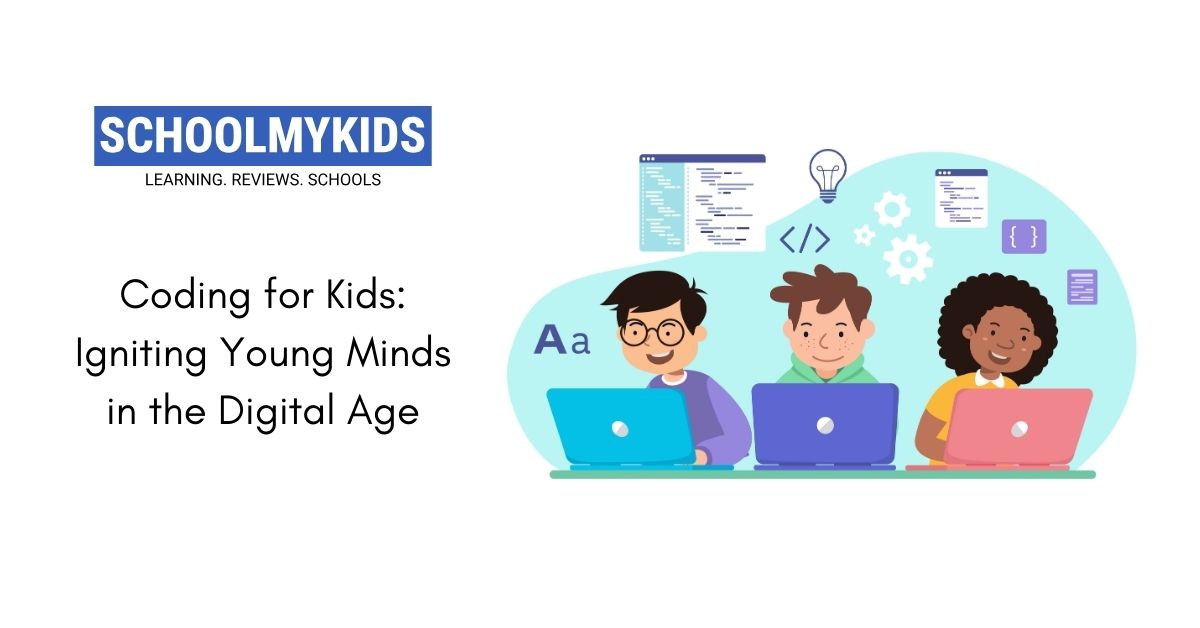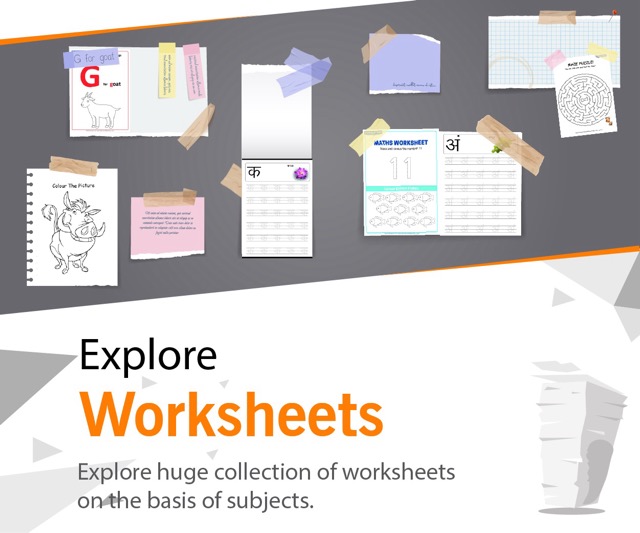The digital age is upon us, and coding – the language that powers the technology we use every day – is becoming an essential skill. Equipping children with coding skills isn’t just about creating the next tech giants; it’s about nurturing problem-solving abilities, fostering creativity, and preparing them for a future where technology plays an ever-increasing role.
Why Code? The Benefits of Coding for Kids
There are numerous reasons why coding is a valuable skill for children:
- Problem-Solving Prowess: Coding teaches children to break down complex problems into smaller, manageable steps. This logical thinking translates to stronger problem-solving skills in all areas of life.
- Boosted Creativity: Coding isn’t just about following instructions; it allows for creativity and exploration. Children can use code to create animations, games, and express themselves in new ways.
- Confidence and Resilience: Learning to code involves trial and error. Overcoming coding challenges builds confidence and teaches children perseverance – valuable traits in any field.
- Future-Proofing Skills: As technology continues to evolve, coding skills will be increasingly sought after in various professions. Coding early gives children a head start and opens doors to future opportunities.
- Improved Communication: Coding requires clear instructions and precise language. This can improve a child’s communication skills and ability to articulate ideas logically.
Fun Ways to Code: Making Learning Engaging
Gone are the days of dry textbooks and complex syntax. Today, learning to code can be a fun and engaging experience for children of all ages. Here are some exciting ways to get your child started:
- Interactive Coding Games: Platforms like Code.org, Scratch, and Tynker offer gamified coding experiences. Children learn basic coding concepts through interactive puzzles, games, and challenges tailored to their age group.
- Animation & Storytelling: With tools like Scratch or Blockly, children can create their own animated stories, characters, and interactions. This allows them to combine coding with storytelling and animation, making learning even more enjoyable.
- Robotics & Physical Computing: Building and programming robots using kits like Lego Mindstorms or Arduino introduces children to the physical applications of code. Seeing their creations come to life is a powerful motivator and reinforces coding concepts
- Unplugged Activities: Coding isn’t confined to the digital world. Board games like Robot Turtles or unplugged coding activities can introduce basic coding principles like sequencing, loops, and conditional statements in a fun, hands-on way.
- Coding Challenges & Competitions: Many online platforms offer coding challenges and competitions for children. Participating in these can be a great way to motivate your child, encourage problem-solving, and allow them to learn from their peers.
Why Python? A Beginner-Friendly Language for Young Coders
When it comes to choosing a programming language for beginners, Python often tops the list. Here’s why it’s a great choice for kids:
- Easy to Read and Write: Python’s syntax is known for its readability. It uses clear, concise keywords that resemble natural language, making it easier for children to understand and pick up quickly.
- Focus on Logic: Python emphasizes clear logic and problem-solving over complex syntax. This allows children to focus on the core concepts of coding without getting bogged down in technical details.
- Wide Range of Applications: Python is a versatile language used for web development, data analysis, machine learning, and more. As your child progresses, Python can grow with them and support their exploration of various coding applications.
- Abundant Learning Resources: With Python’s popularity, there’s a wealth of online tutorials, books, and beginner-friendly resources available. This makes it easier for children to find learning materials that suit their learning style and interests.
Getting Started: Tips for Parents
If you’re considering introducing your child to the world of coding, here are some helpful tips:
- Start Early and Keep it Playful: It’s never too early to introduce children to basic coding concepts. Start with unplugged activities and games at a young age, then progress to interactive platforms as they develop their cognitive skills.
- Find the Right Resources: Explore the different coding platforms mentioned above. Consider your child’s age, interests, and learning style when choosing resources. Some platforms offer free trials so you can test the waters before committing.
- Embrace the Learning Journey:Learning to code can involve challenges. Offer encouragement, celebrate milestones, and be patient with your child’s progress. Remember, the goal is to cultivate a love for learning and problem-solving, not to create coding prodigies overnight.
- Connect with the Coding Community: Look for online coding communities or local coding clubs for kids. This allows your child to interact with other young learners, share experiences, and gain inspiration from their peers.
Coding for Kids: Investing in the Future
Equipping children with coding skills is an investment in their future. It empowers them to become creators, not just consumers, of technology. The journey of learning to code can be an enriching and rewarding experience, fostering critical thinking, creativity, and resilience – skills that will benefit them throughout their lives. So why not spark their curiosity and open the door to a world of possibilities? The digital age awaits, and with the right tools and support, your child can be a part of shaping it.









Be the first one to comment on this story.